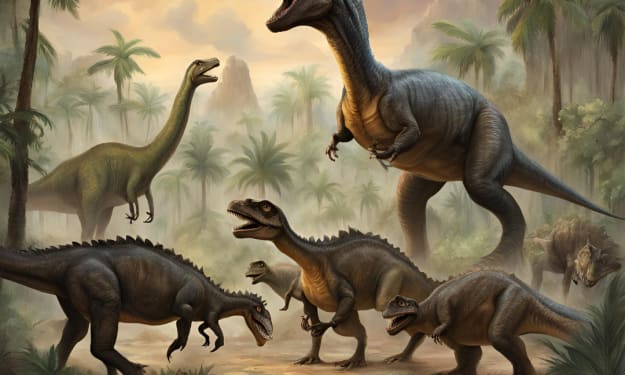Climate change and the ocean
How is climate change affecting the ocean? How can we protect the ocean in a changing climate?

Climate change is having a devastating impact on the ocean. The ocean absorbs much of the heat from the atmosphere, and as a result, it is warming at twice the rate of the land. This warming is causing a number of changes to the ocean, including:
Rising sea levels: Sea levels are rising due to the melting of glaciers and ice sheets. This is threatening coastal communities and ecosystems around the world. Ocean acidification: Ocean acidification is caused by the absorption of carbon dioxide from the atmosphere. This is making the ocean more acidic, which is harming marine life.
Destruction of coral reefs: Coral reefs are important ecosystems that support a diversity of marine life. However, they are being destroyed by climate change, as well as other factors such as pollution and overfishing.
Shifting of marine life distributions: Marine life is being forced to shift their distributions as the ocean changes. This is disrupting food webs and making it difficult for some species to survive.
Increased frequency and intensity of extreme weather events: Extreme weather events, such as hurricanes and cyclones, are becoming more frequent and intense due to climate change. These events can cause widespread damage to coastal communities and ecosystems.
There are a number of things that can be done to protect the ocean in a changing climate:
Reduce greenhouse gas emissions: The most important thing we can do to protect the ocean is to reduce greenhouse gas emissions. This will help to slow the rate of climate change and reduce the impacts on the ocean.There are a number of ways to reduce greenhouse gas emissions. One way is to switch to renewable energy sources, such as solar and wind power. Another way is to improve energy efficiency in our homes and businesses. We can also reduce greenhouse gas emissions by driving less, eating less meat, and recycling.
Protect coral reefs: Coral reefs are important ecosystems that support a diversity of marine life. We can protect coral reefs by reducing pollution, overfishing, and climate change. Pollution from agricultural runoff, sewage, and industrial waste can damage coral reefs. Overfishing can also damage coral reefs by removing the fish that help to keep the reefs healthy. Climate change is also a major threat to coral reefs, as it causes the water to become too warm and acidic.
We can protect coral reefs by reducing pollution, practicing sustainable fishing, and addressing climate change. Mangroves and seagrass beds are important coastal ecosystems that provide a number of benefits, including: They help to protect coastlines from storm surges and erosion. They provide habitat for a diversity of marine life. They filter pollutants from the water. They help to regulate the climate.
Restore coastal ecosystems: Coastal ecosystems, such as mangroves and seagrass beds, help to protect coastlines from storm surges and erosion. We can restore these ecosystems by planting mangroves and seagrasses.
Support sustainable fishing practices: Sustainable fishing practices help to protect fish populations and marine ecosystems. We can support sustainable fishing practices by buying seafood from sustainable sources. Sustainable fishing practices are those that do not harm fish populations or marine ecosystems. These practices include: Fishing at sustainable levels. Avoiding fishing in sensitive areas. Using fishing gear that minimizes bycatch. Releasing fish that are not intended to be caught.
Educate the public about climate change: It is important to educate the public about climate change and the impacts it is having on the ocean. This will help to raise awareness and support for the need to take action. We can educate the public about climate change through schools, the media, and social media. We can also organize events and protests to raise awareness about the issue.
Climate change is a serious
Climate change is a serious threat to the ocean, but it is not insurmountable. By working together, we can protect the ocean and build a more sustainable future for all.
About the Creator
Enjoyed the story? Support the Creator.
Subscribe for free to receive all their stories in your feed. You could also pledge your support or give them a one-off tip, letting them know you appreciate their work.





Comments
There are no comments for this story
Be the first to respond and start the conversation.